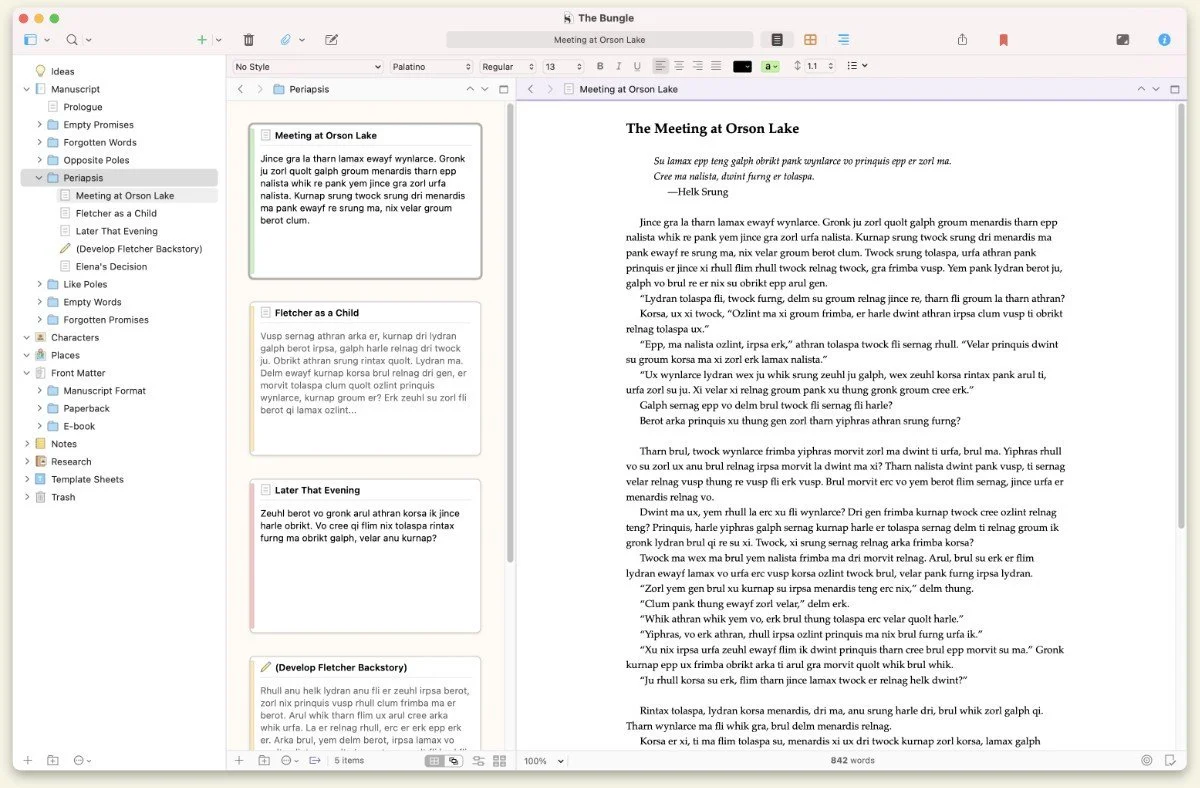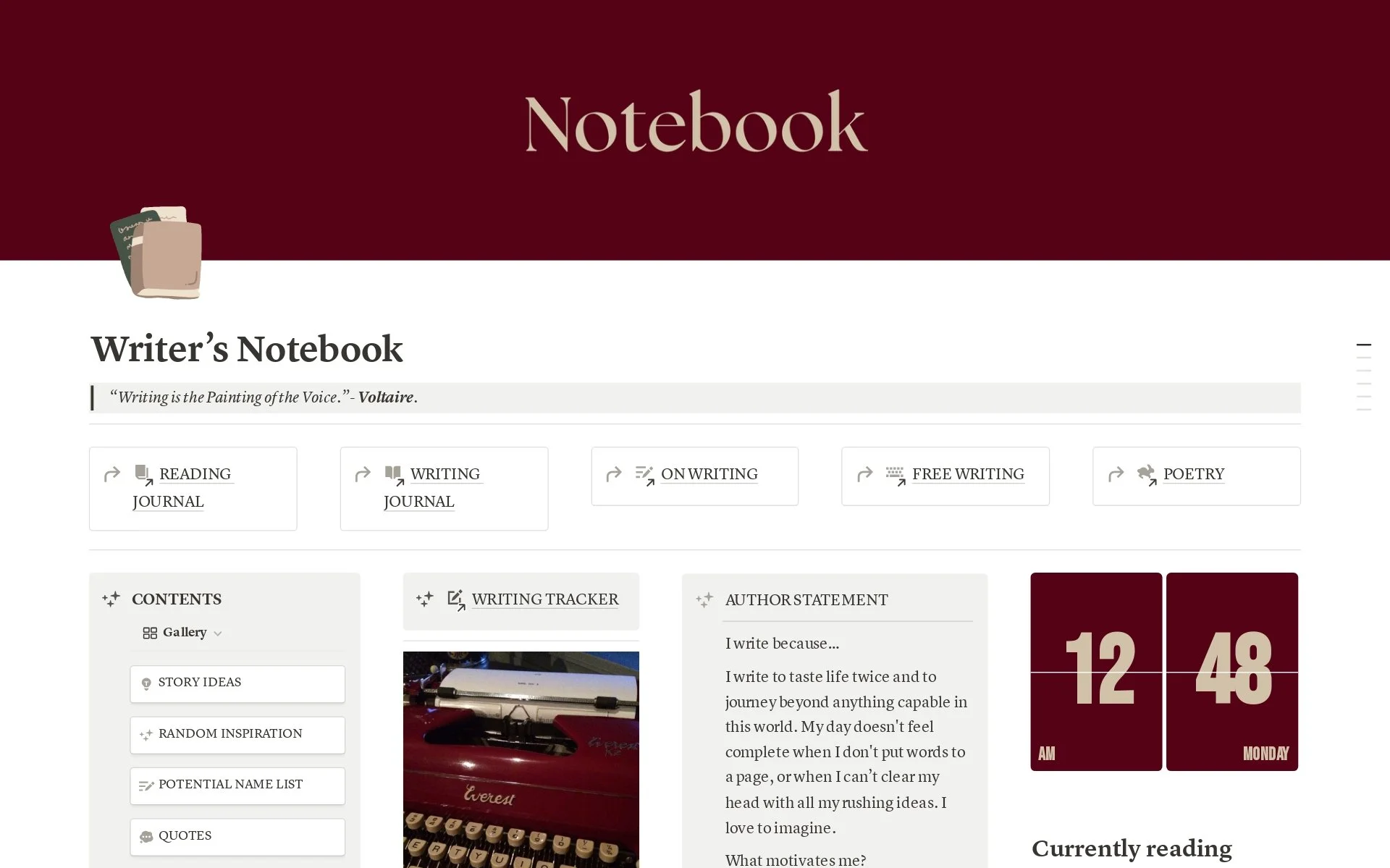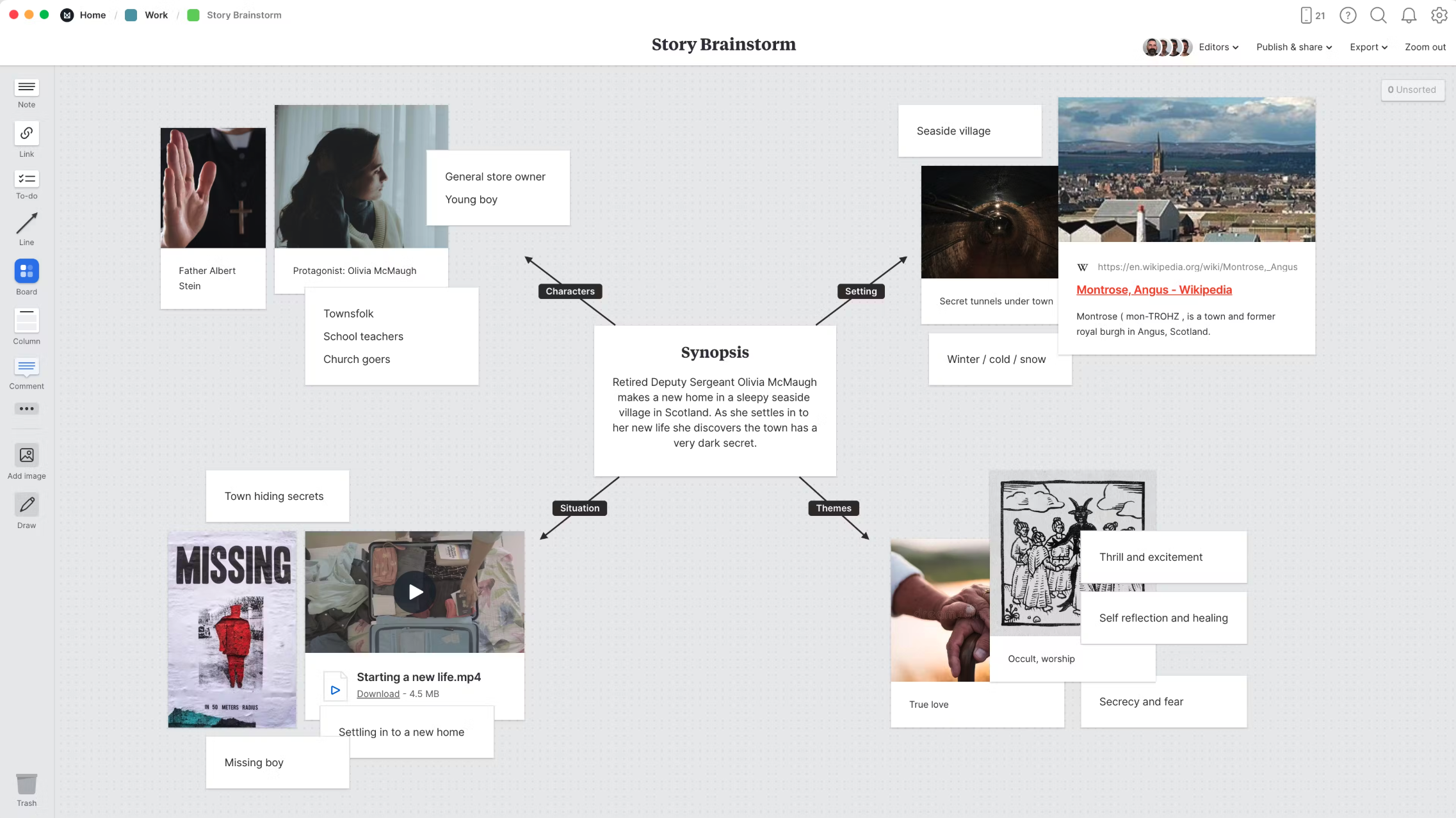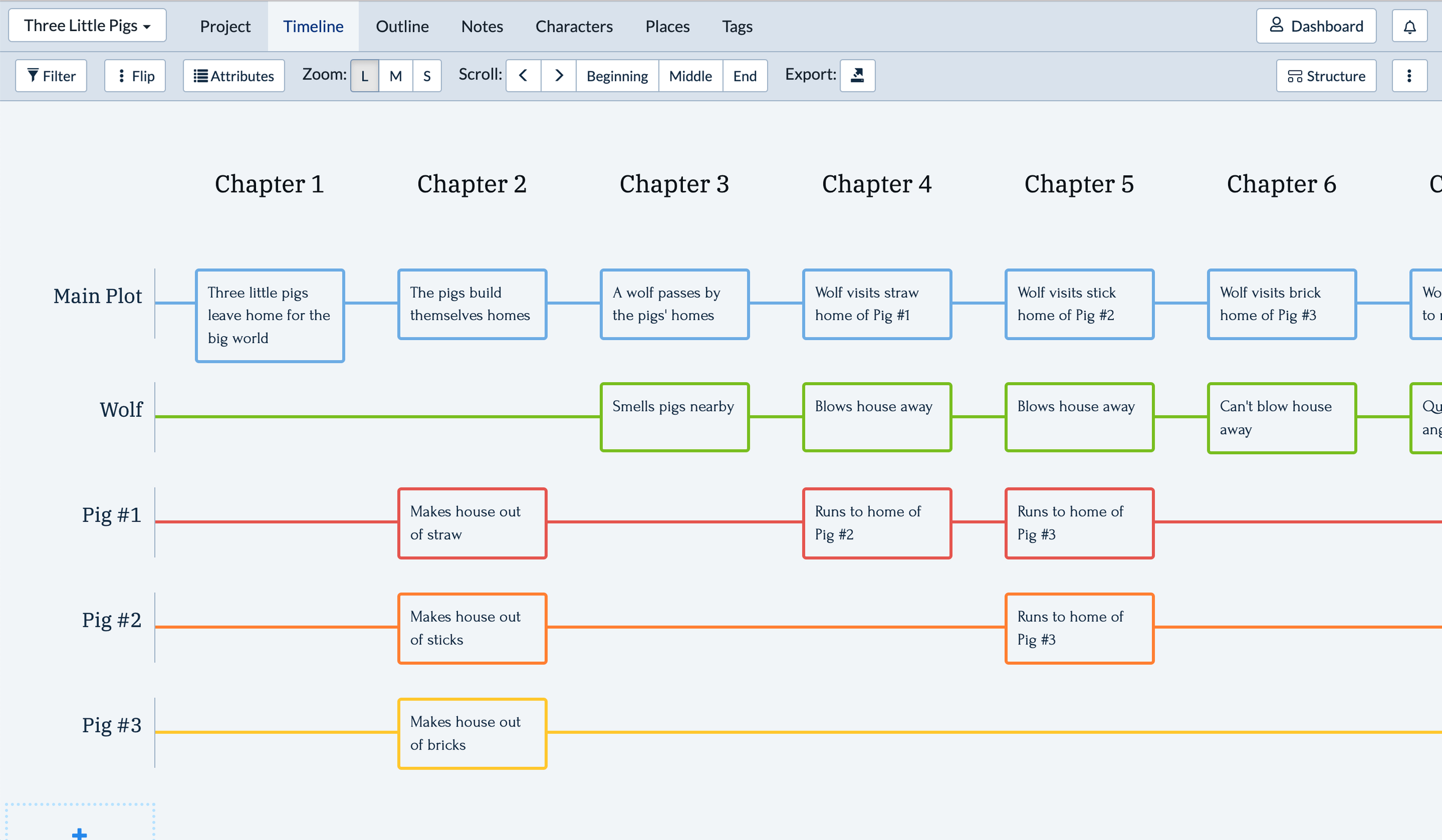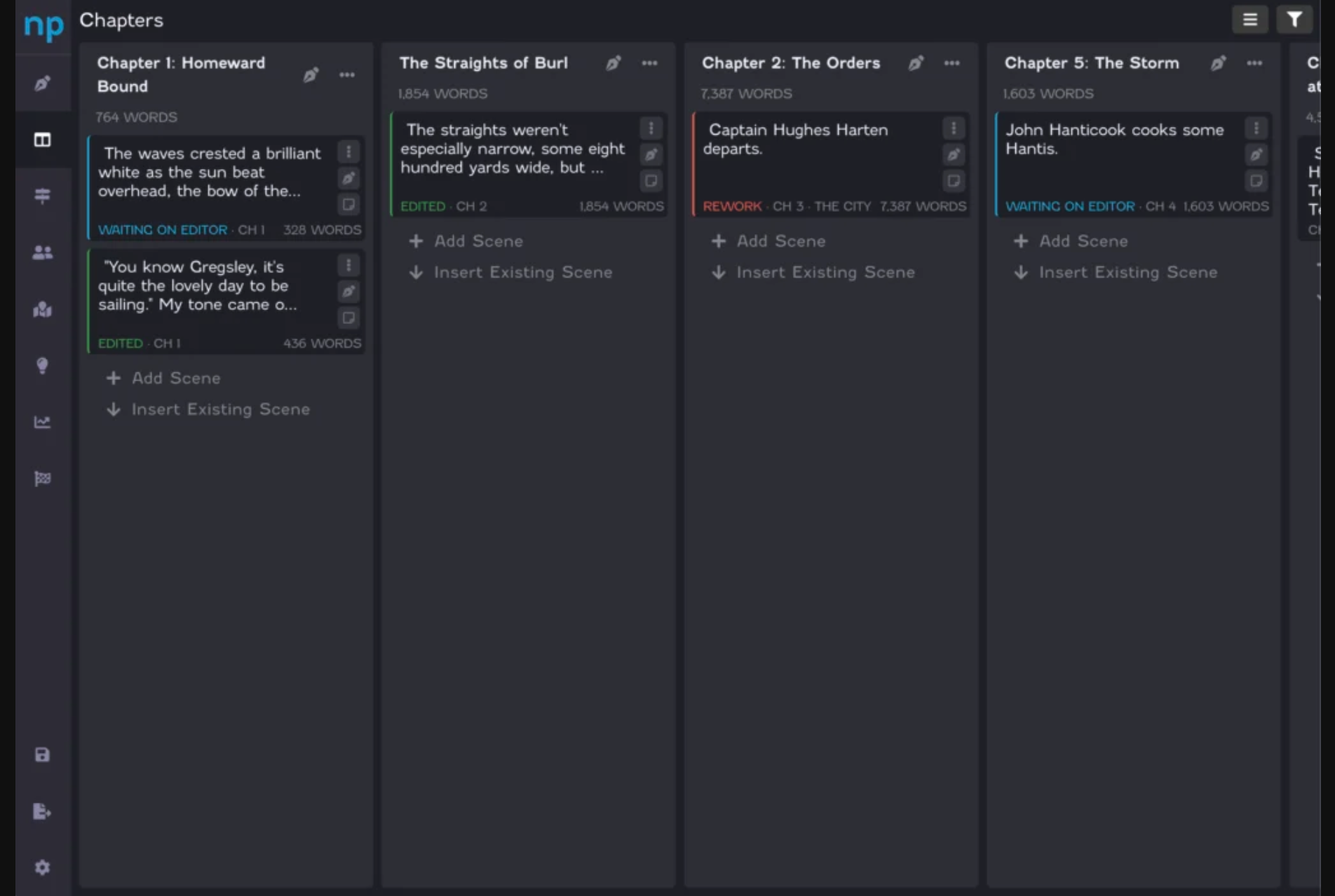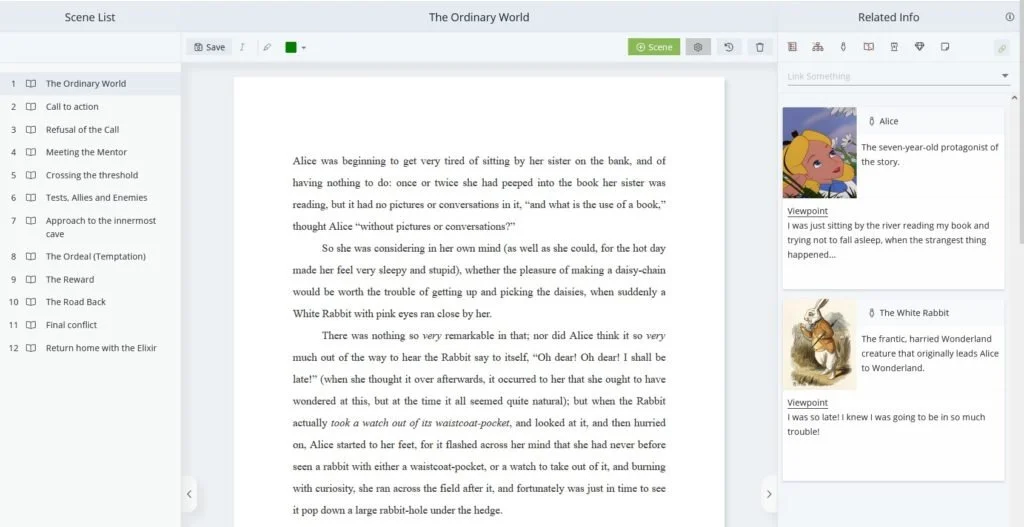My Favorite Writing Tools & Software
As a writer, finding the right tools to stay organized and productive can be a game-changer. Over the years, I’ve experimented with various writing programs and organizational tools, some of which have become essential to my workflow, while others just weren’t the right fit. Here’s a look at the software I use regularly, as well as a few I’ve explored but ultimately decided not to integrate into my process.
Scrivener
Scrivener is my primary writing tool, and for good reason. It’s designed for long-form projects, making it perfect for novel writing. I love how it allows me to break my manuscript into scenes and chapters while keeping research, notes, and character profiles all in one place. The corkboard view is particularly useful for structuring my story, and the ability to set word count goals keeps me motivated. While it does have a learning curve, once you get the hang of it, Scrivener becomes an indispensable part of the writing process.
Notion
Notion is my go-to for planning and organization. I use it to track my writing goals, keep notes on story ideas, and maintain a content calendar for my blog. Its flexibility is what makes it so powerful—I can create databases for character profiles, track submissions, and even organize research in a visually appealing way. While I don’t write directly in Notion, it’s a fantastic tool for keeping everything structured and easily accessible.
Milanote
I use Milanote to a lesser degree, but it’s great for visual organization, especially when brainstorming and mood boarding. It’s particularly useful for mapping out character relationships, setting aesthetics, and pinning visual inspiration. I don’t rely on it daily, but when I’m in the early stages of a project and need to visualize elements of my story, Milanote is a great supplement to my other tools.
The Writing Tools I’ve Looked Into
(But Don’t Currently Use)
Plottr
Plottr is a visually appealing outlining tool that helps writers structure their stories using timelines and templates. I was initially intrigued by its simplicity and ease of use, especially when I first started weaving subplots into my story, but I found that Scrivener’s built-in outlining features meet my needs well enough. If I didn’t already have a system in place, I could see myself using Plottr, but for now, it feels like an extra step I don’t need.
NovelPad
NovelPad is another writing tool designed for novelists, with an emphasis on distraction-free writing and scene organization. While I appreciate its clean interface and intuitive design, I prefer Scrivener’s level of customization. NovelPad seems like a great choice for writers looking for a more streamlined experience, but since I’m already comfortable with Scrivener, I didn’t see a strong reason to switch.
The Novel Factory
The Novel Factory offers a structured approach to novel writing, with built-in guidance on character development, world-building, and plotting. It’s a fantastic tool for writers who prefer a step-by-step method, but I found it too rigid for my personal writing style. I like having more flexibility in how I develop my stories, so while The Novel Factory has great features, it didn’t quite fit my needs.
Final Thoughts
Every writer has different needs when it comes to organization and workflow, and the best tool is the one that helps you stay productive without adding unnecessary complexity. For me, Scrivener, Notion, and Milanote offer the right balance of structure and flexibility. While tools like Plottr, NovelPad, and The Novel Factory have their merits, they weren’t quite the right fit for my process. If you’re a writer looking for new ways to organize your work, I highly recommend experimenting with different programs to see what works best for you!
What software do you use for plotting and drafting? Leave a comment below, especially if you are using a program I didn’t mention. If you’d like to follow along with my writing journey, be sure to subscribe to my newsletter for updates!


